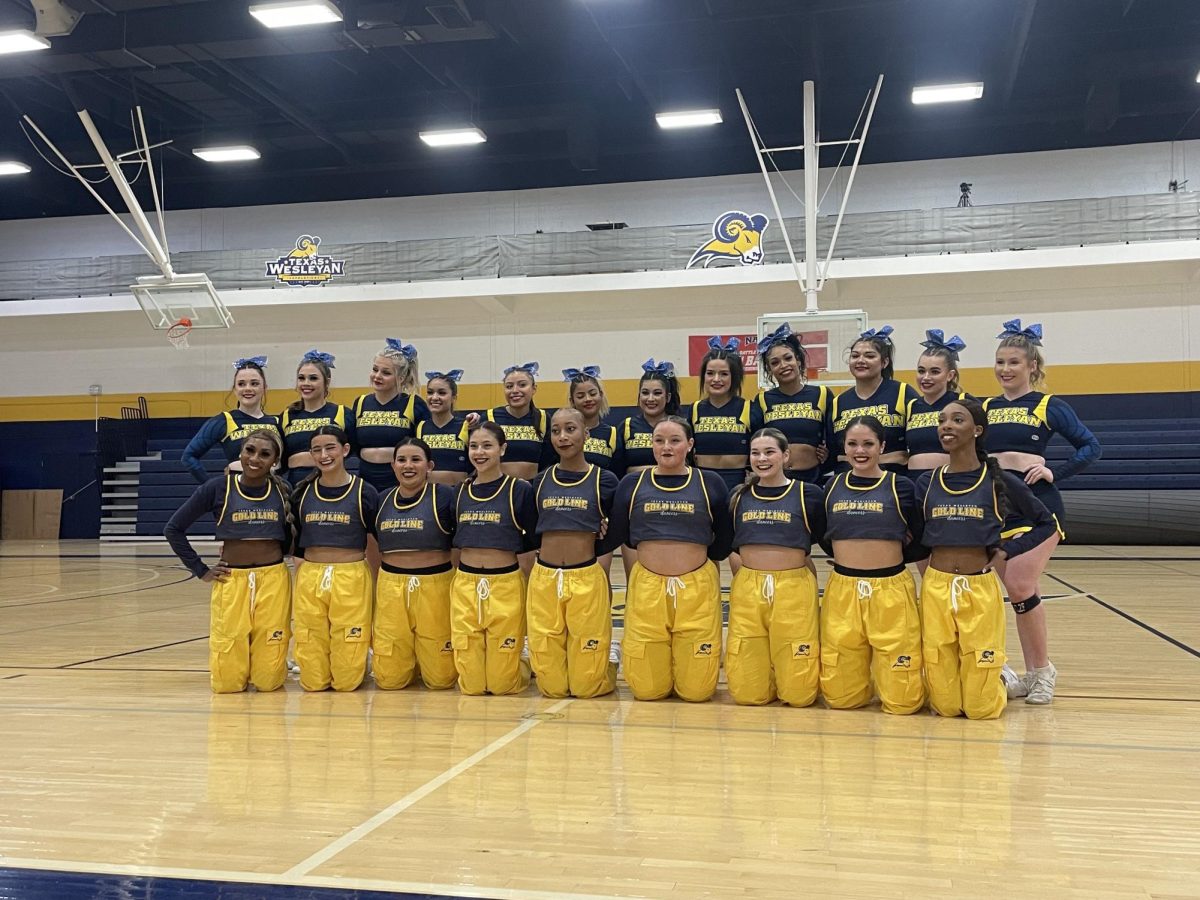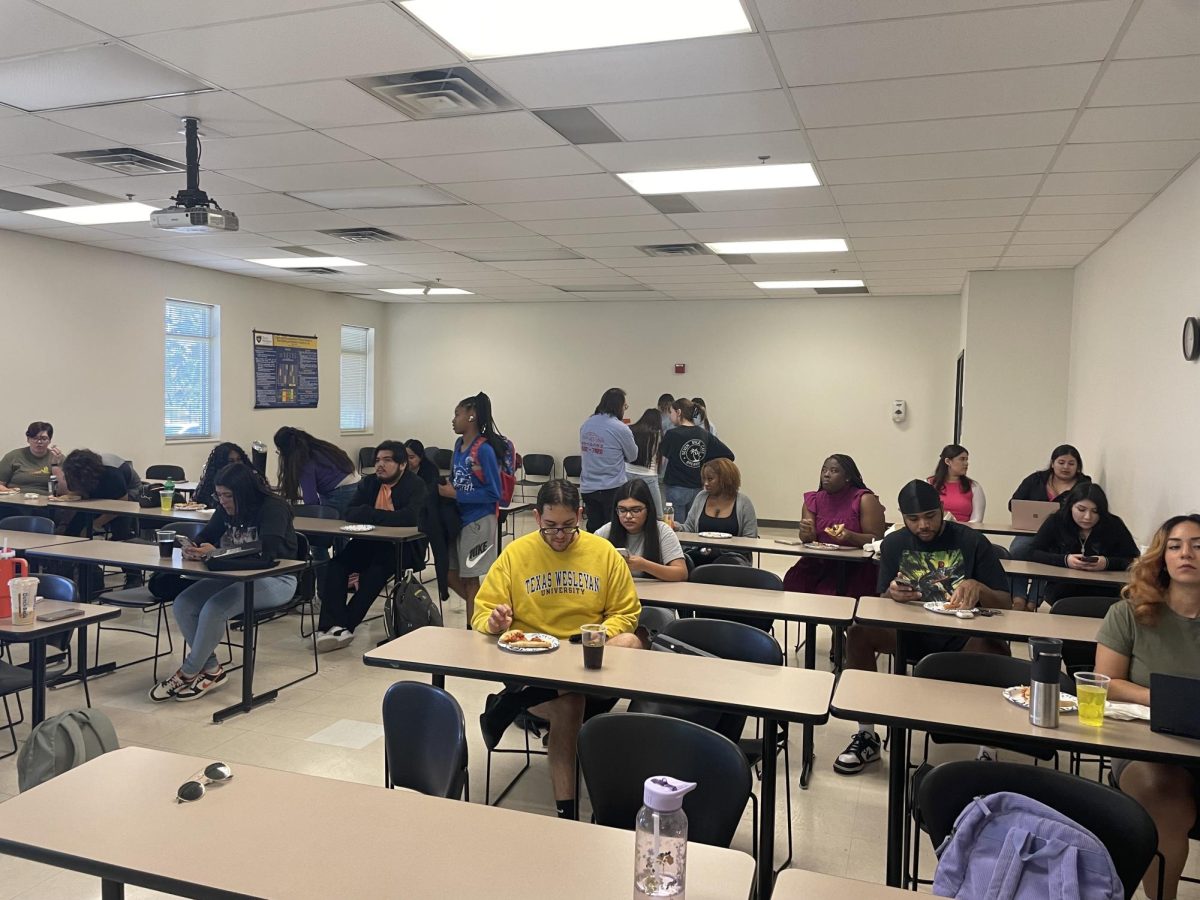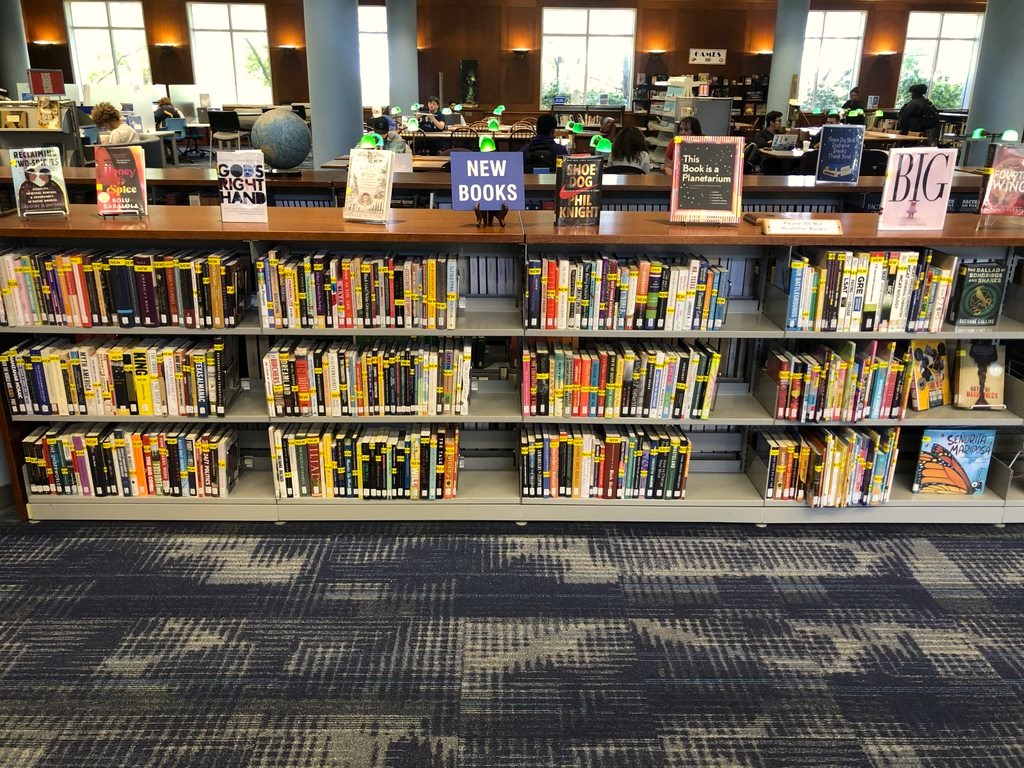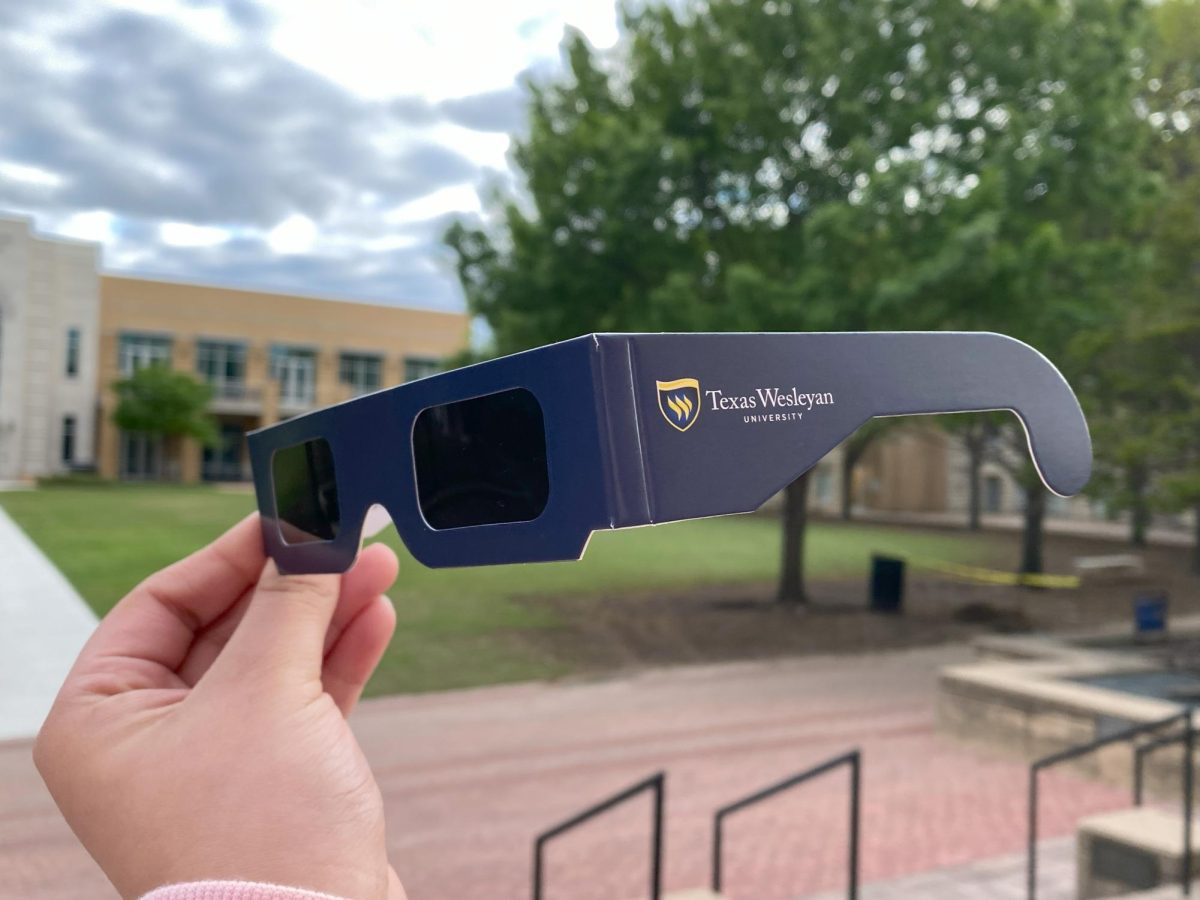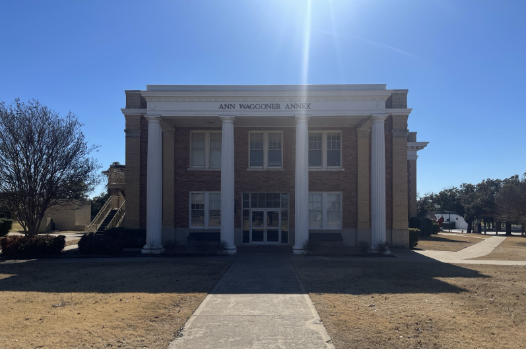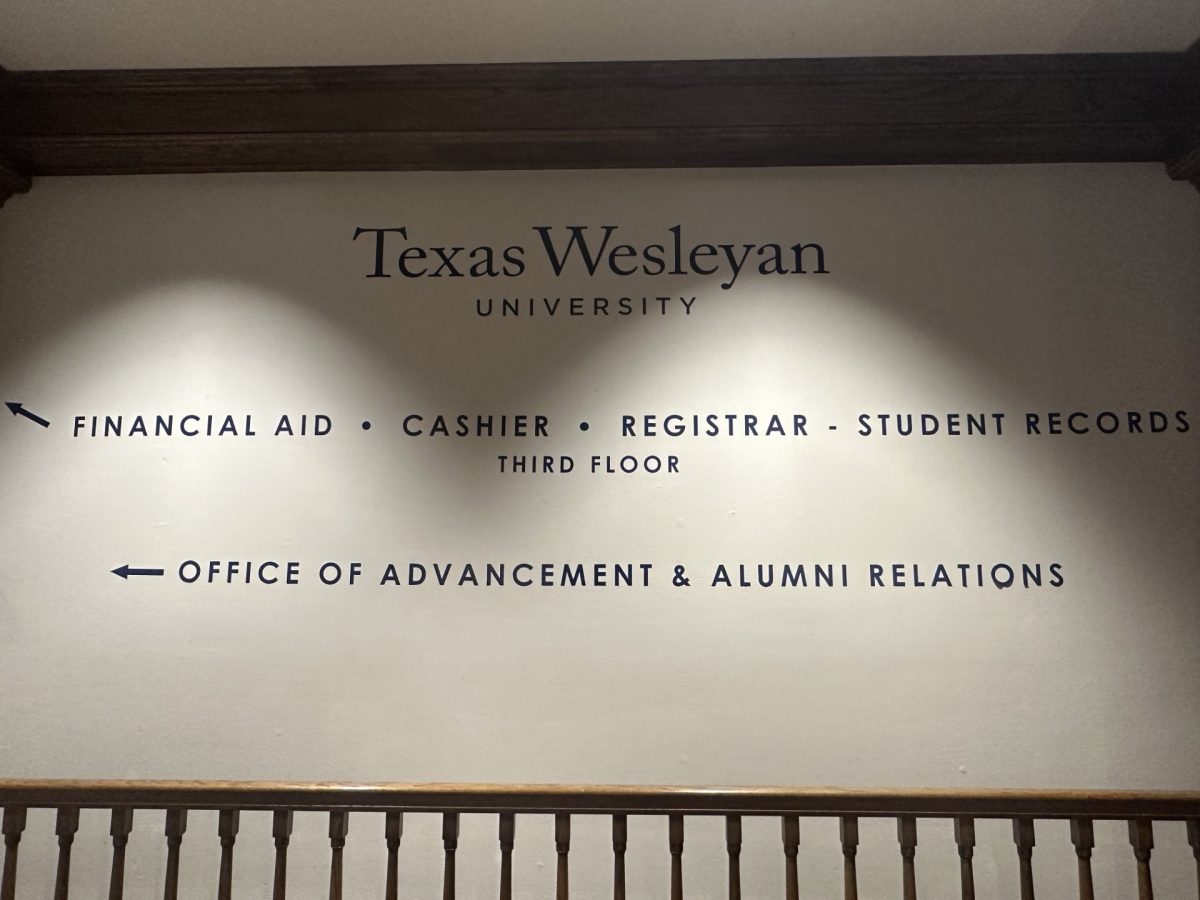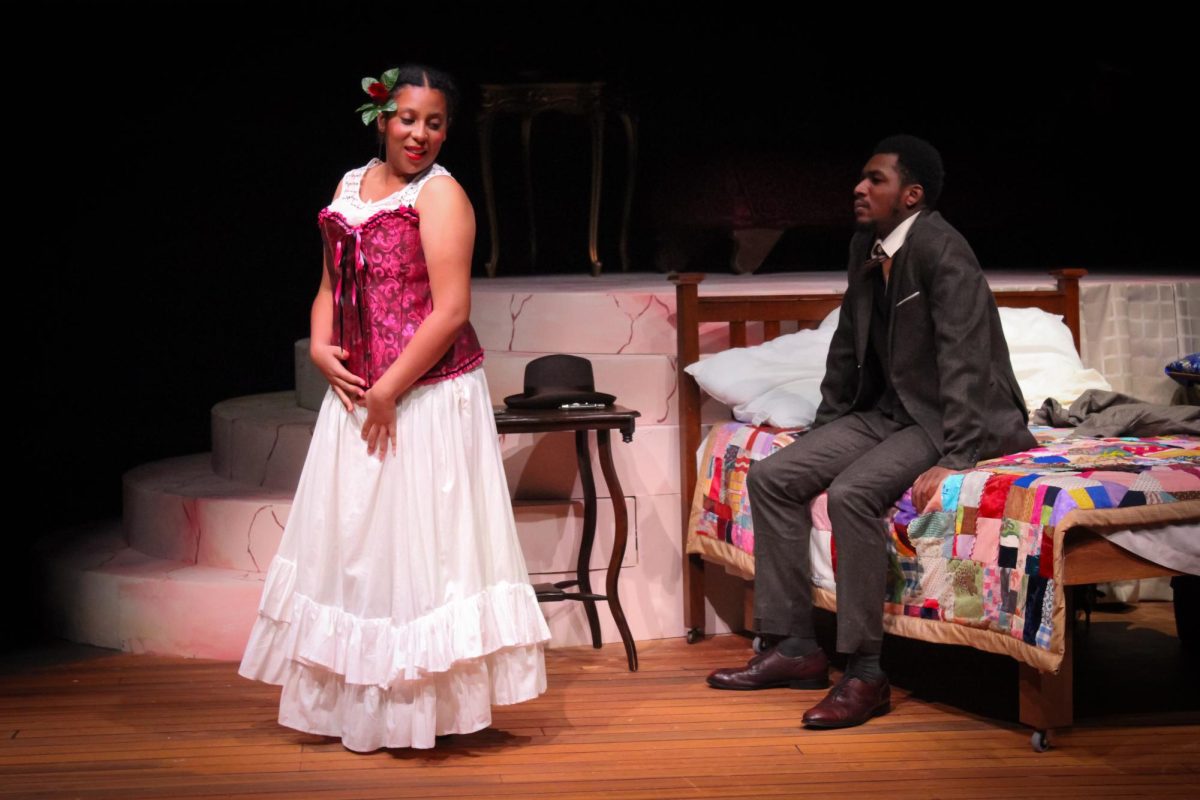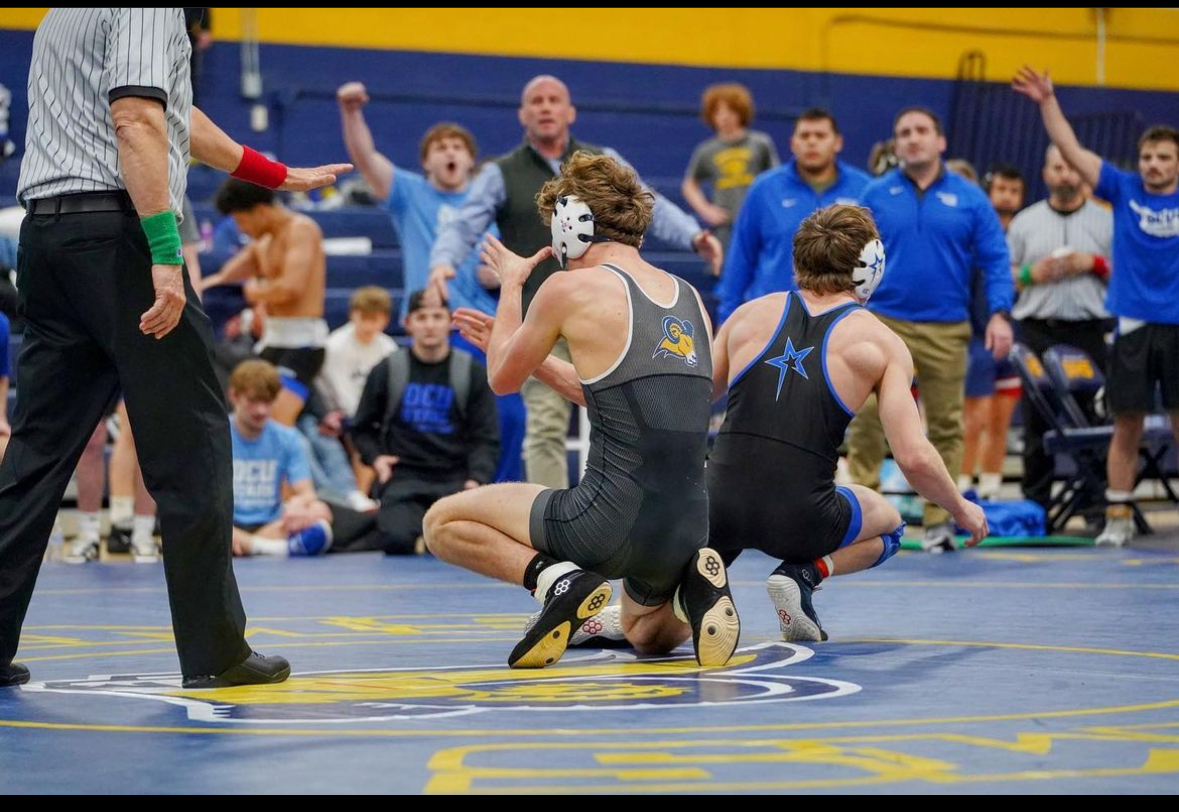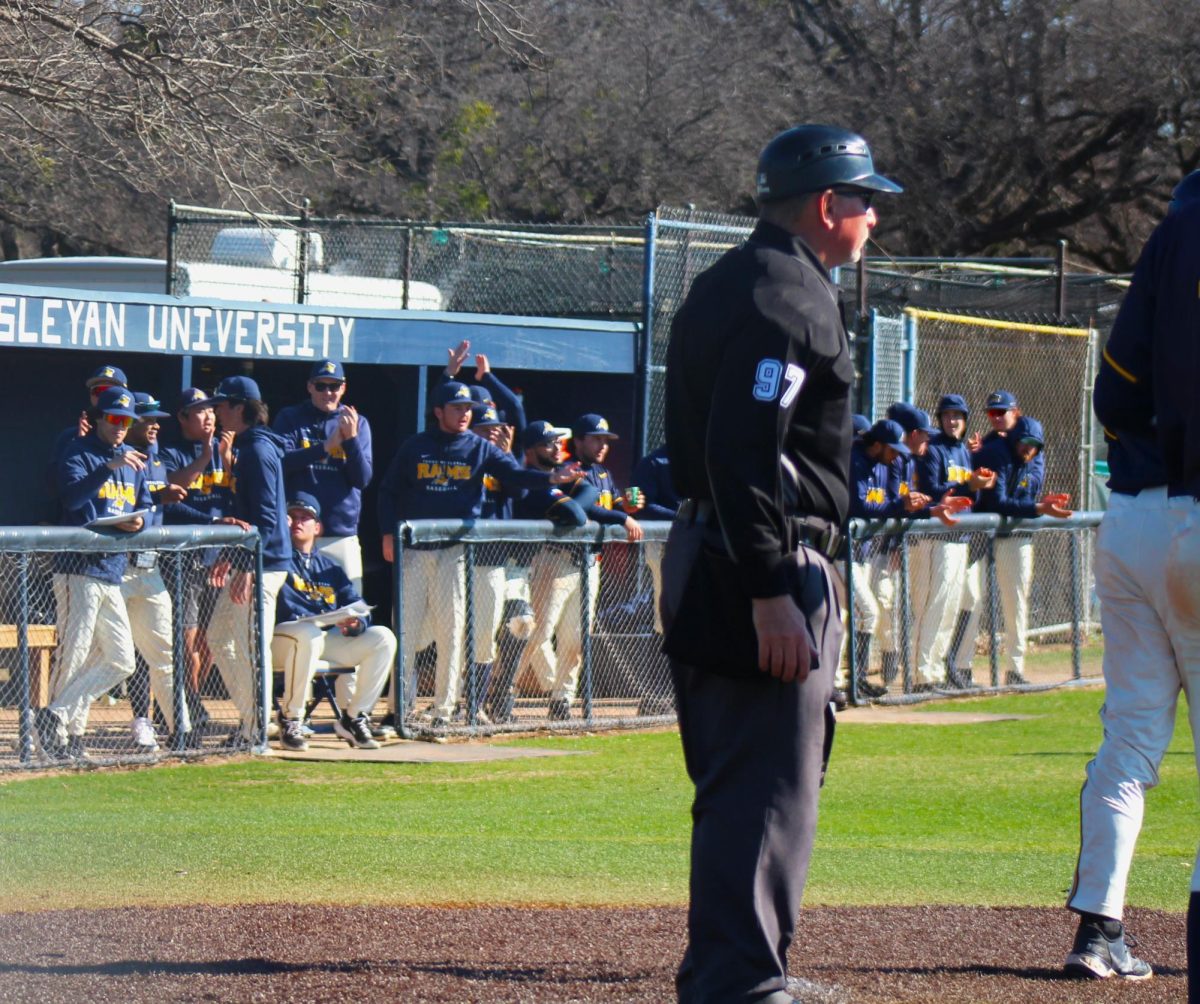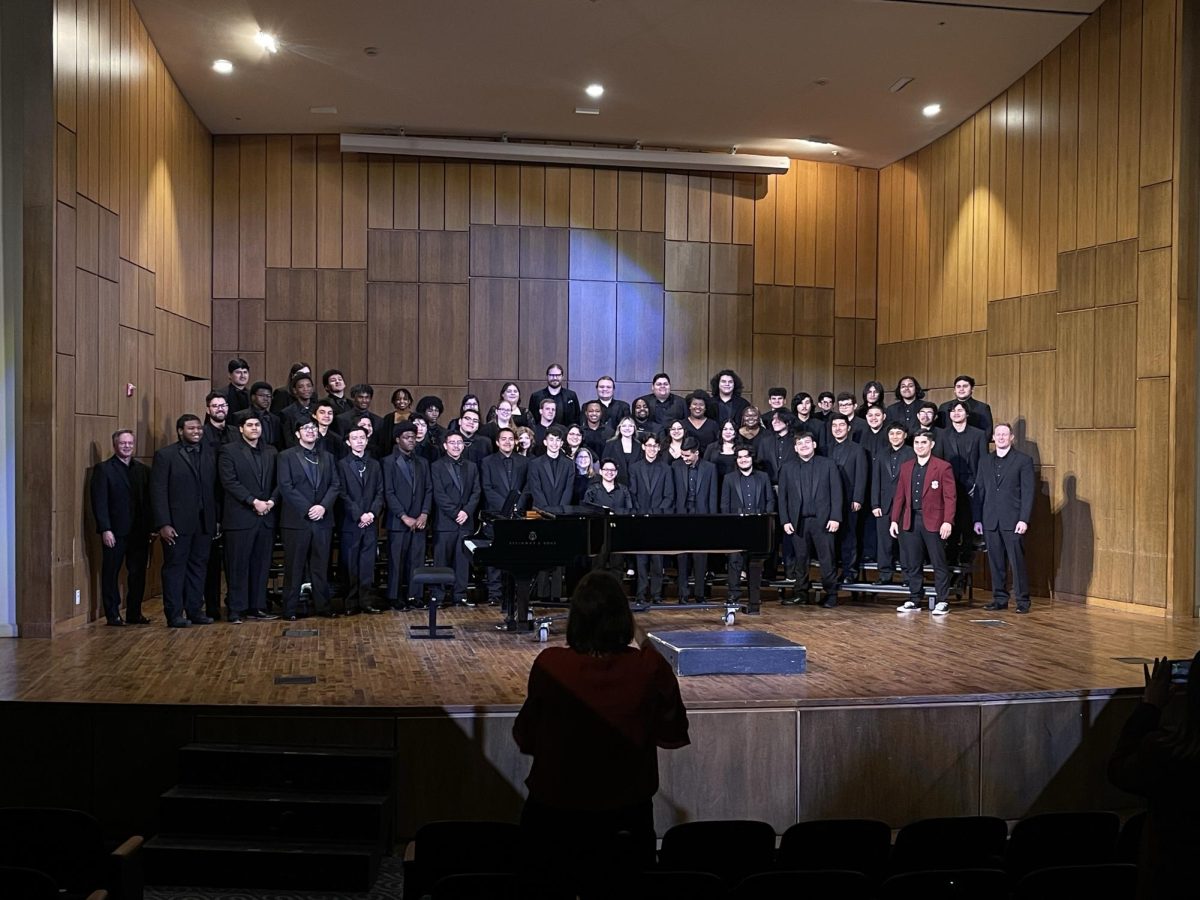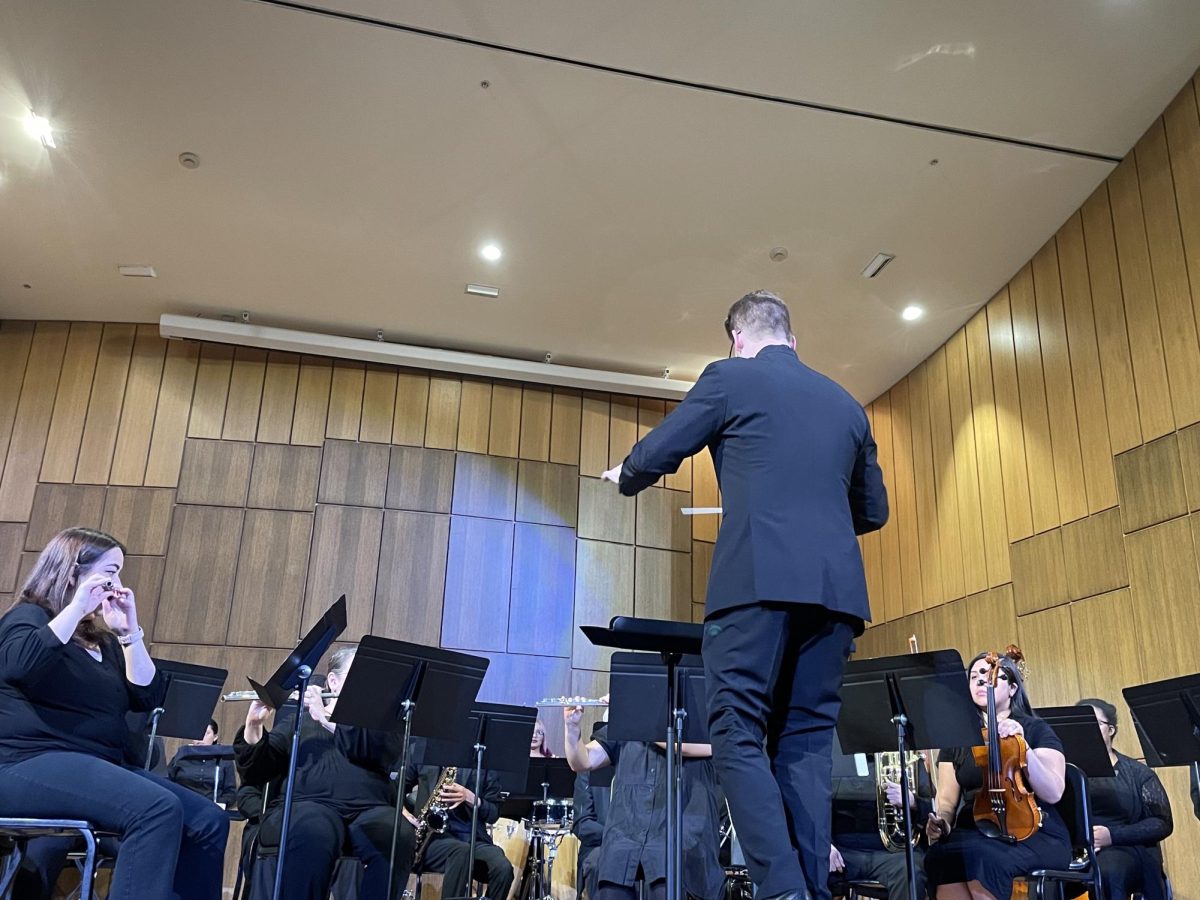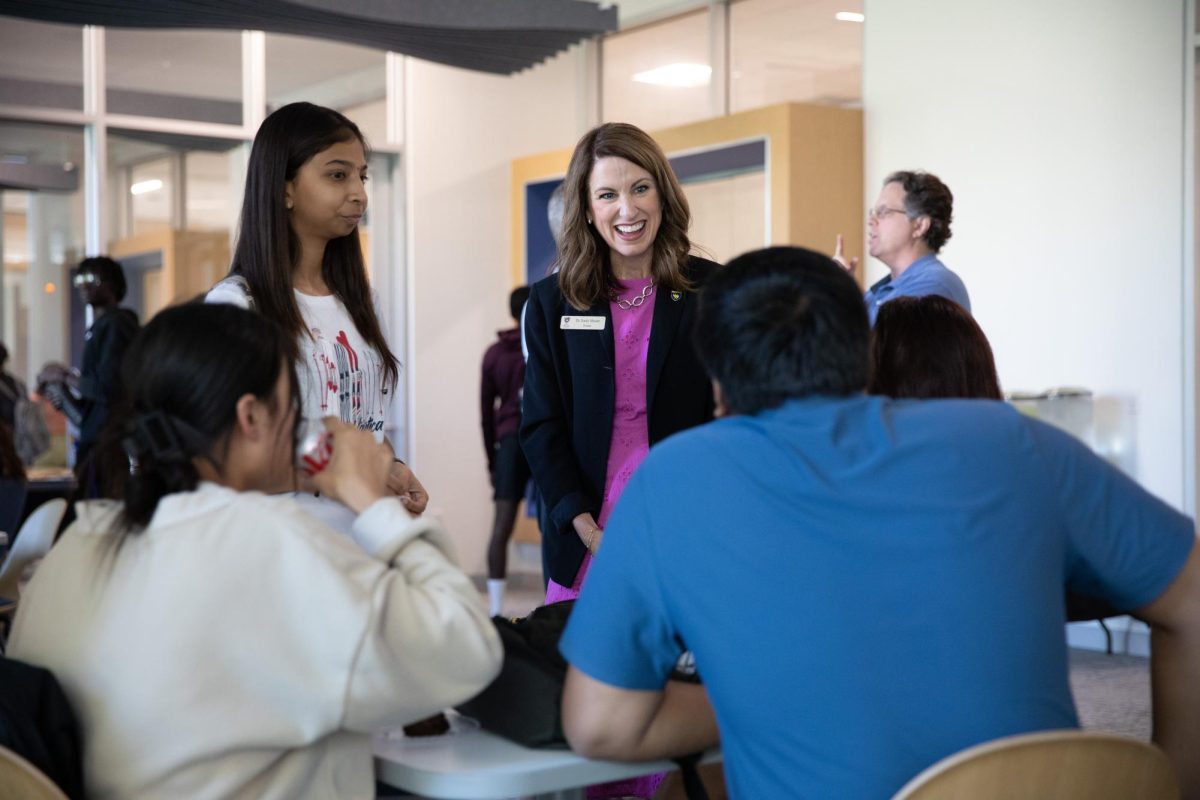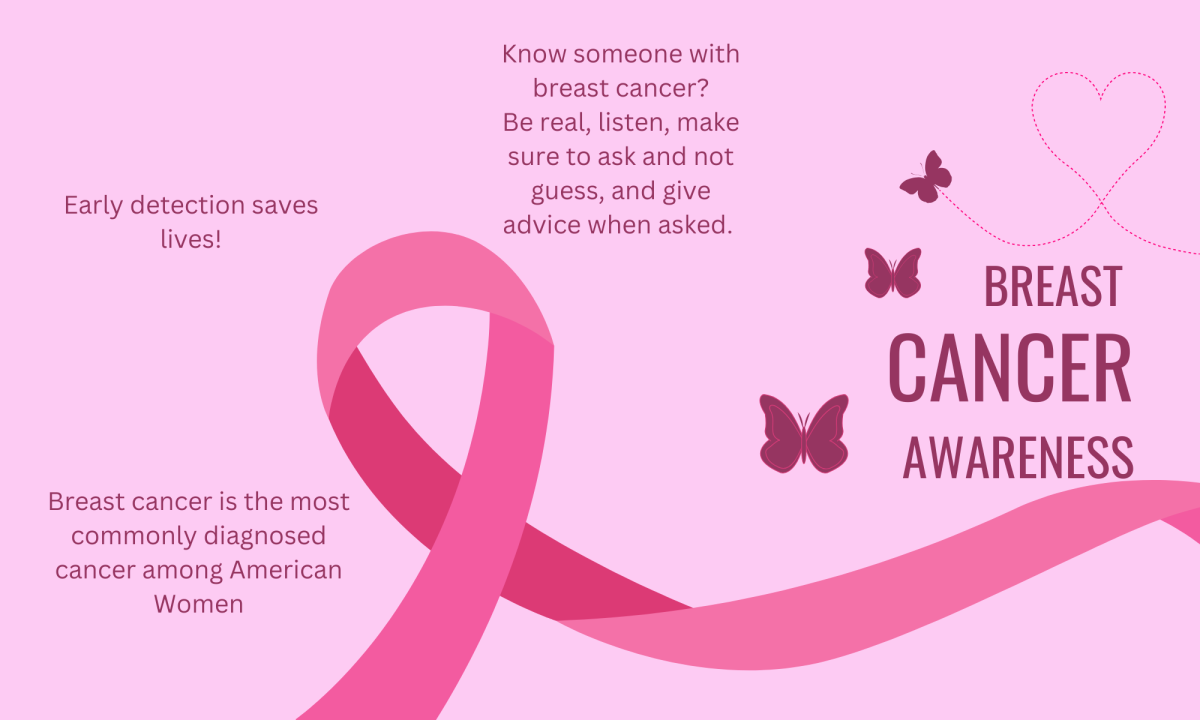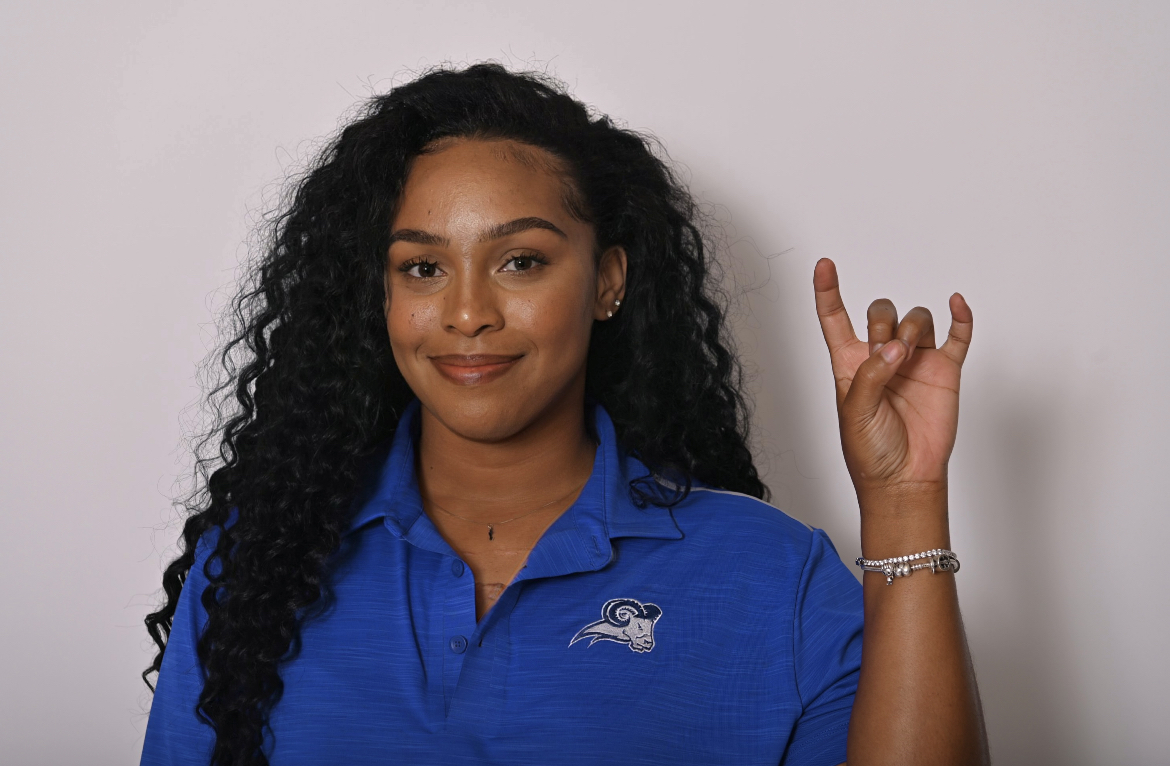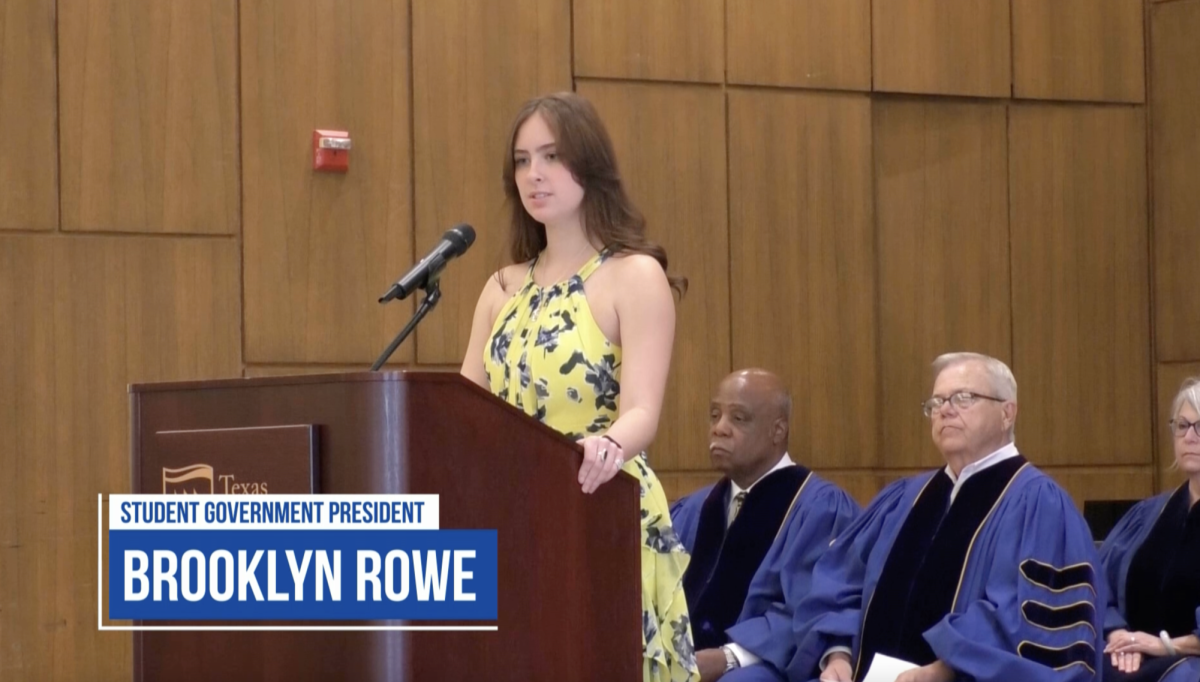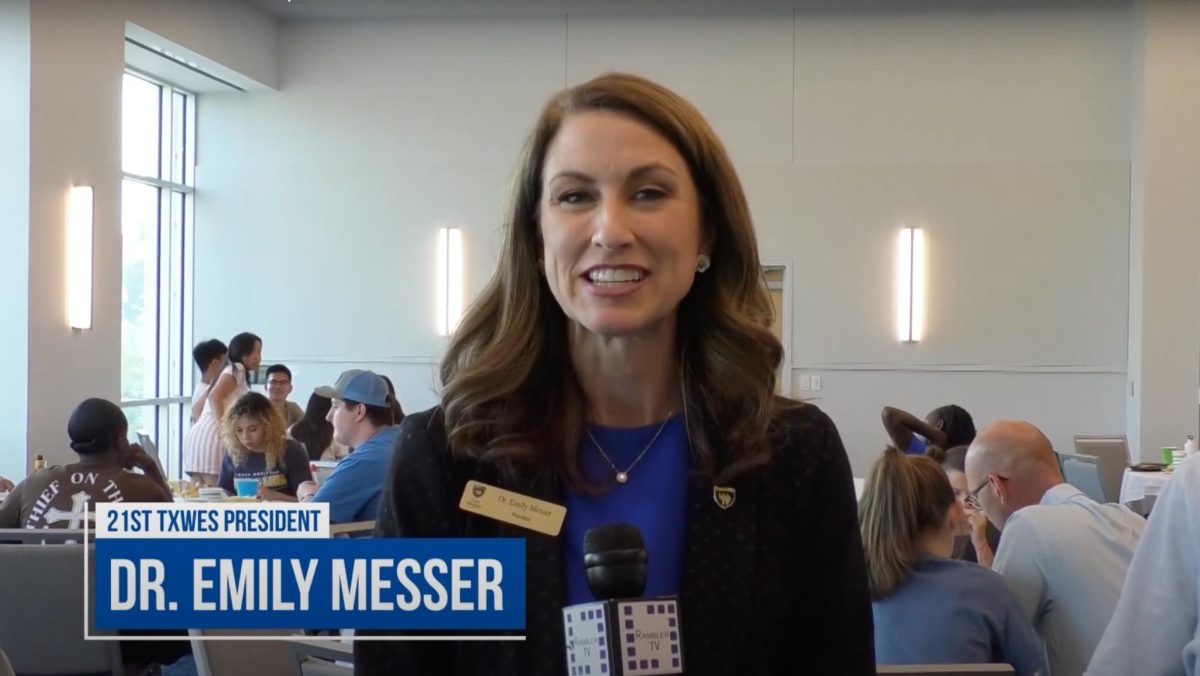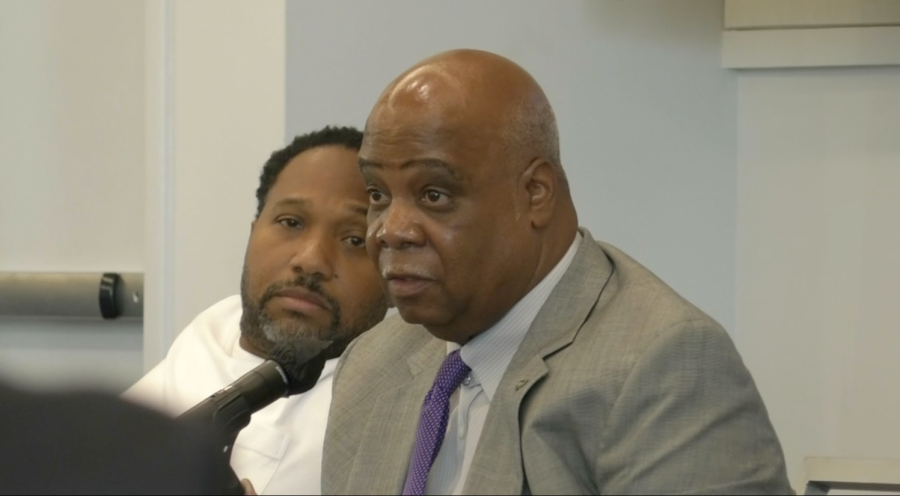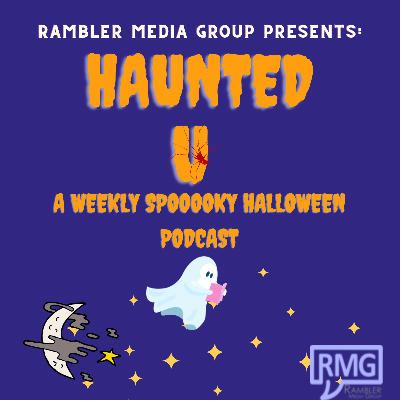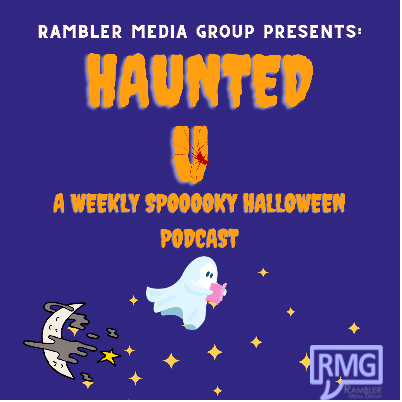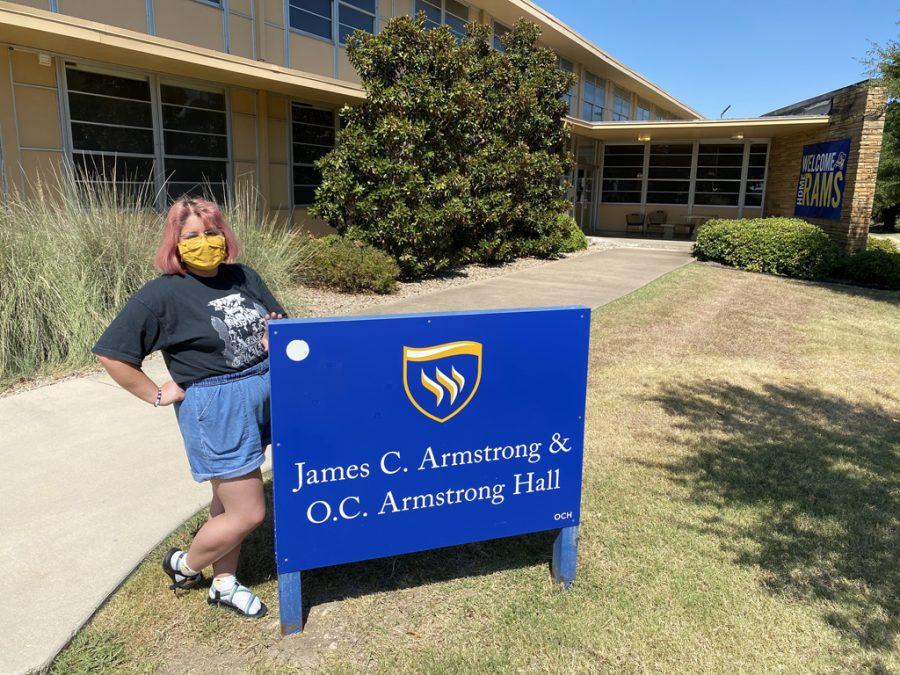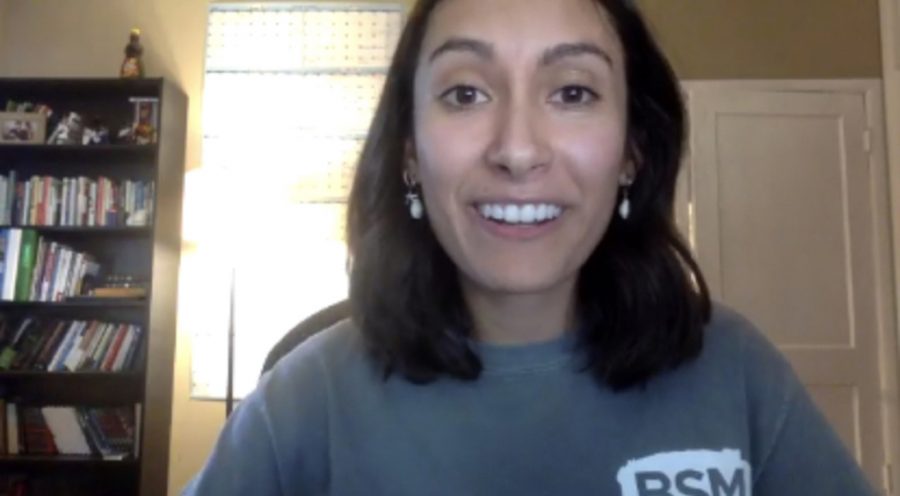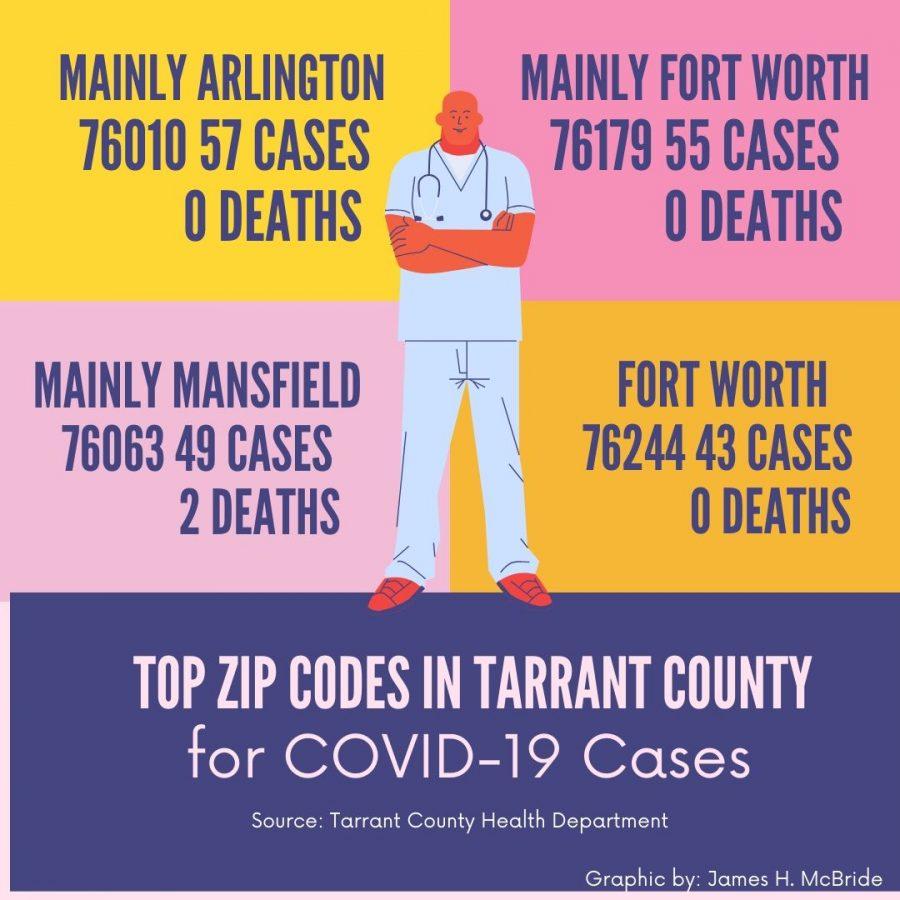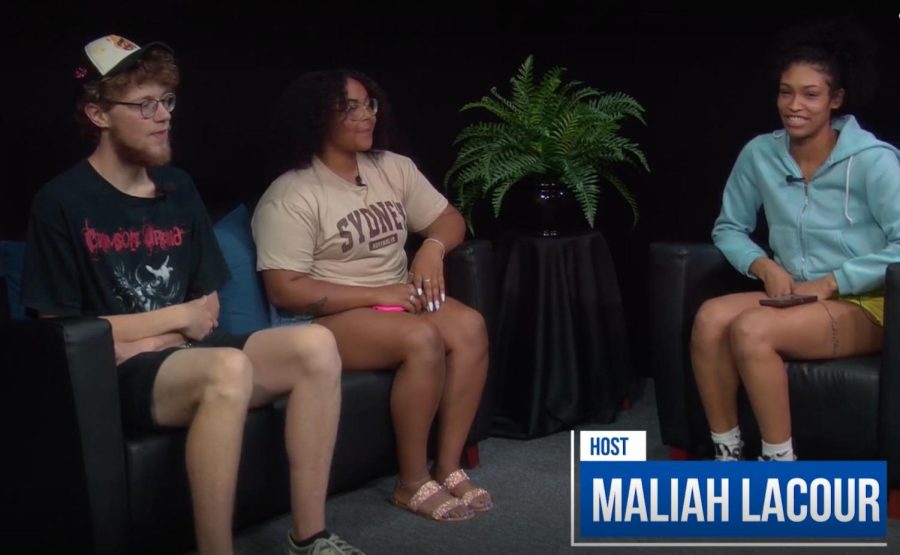Sweaty palms? Tightness in chest? Lack of motivation? No desire to bathe?
Many students who struggle with anxiety and depression experience these common symptoms, sometimes more during this Coronavirus pandemic.
Freshman mass communication major Anna Somodevilla is one of them. She said her depression comes and goes, but the biggest factors that contribute to her anxiety include talking about it and doing something outside of her comfort zone.


Somodevilla said she has experienced more anxiety than depression due to COVID-19 and switching to online classes. To cope with her anxiety, she talks to her friends via text, watches her favorite TV shows, and cooks with her mom, Shea Sanchez.
“It’s something new and I don’t do change very well, or at least it takes me a minute to get (used to it),” she said. “I did have a little bit of anxiety, but it was also the fact that I’m not in- person with people I know doing the class. I’m better at it now after the first week, but yeah, it was a hard change to get used to.”
https://www.youtube.com/watch?v=cG31Dl3m8SMhttps://youtu.be/d4bUcB24XpA
Students describe their struggles with anxiety and depression. The COVID-19 pandemic adds extra stress. Video by Lexi Barlow, Edited by LaTerra Wair.
Although Somodevilla said she feels confident about finishing the semester strong, being away from her friends makes it harder to deal with her separation anxiety.
“I went from having freedom and being on my own in college to now having to be back home and not have that much freedom with friends and everything,” she said. “It feels like I’m just stuck.”
<iframe title="Anxiety Podcast by Off The Record" width="1170" height="200" scrolling="no" frameborder="no" src="https://w.soundcloud.com/player/?visual=false&url=https%3A%2F%2Fapi.soundcloud.com%2Ftracks%2F813515929&show_artwork=true&maxwidth=1170&maxheight=1000&dnt=1&auto_play=false&buying=true&liking=true&download=true&sharing=true&show_comments=true&show_playcount=true&show_user=true&color"></iframe>
<p><em>Former college student Jodie Bruton discusses his deep battle with anxiety. Podcast by LaTerra Wair.</em>
The Diagnostic and Statistical Manual of Mental Disorders considers panic attacks, panic disorders, and phobias (like social phobia) to all be anxiety disorders, according to a 2019 article by Ranita Manap, Sohana Abdul Hamid and Marhaini Abdul Ghani, published in the Journal of Social Sciences and Humanities.
A 2017 U.S. Census Bureau reports that, nearly 75% of America’s 18 million college students disclosed having experienced “overwhelming anxiety.” Of those students who reported high levels of anxiety, almost 30% said they had experienced overwhelming anxiety within the past two weeks, according to The American Institute of Stress.
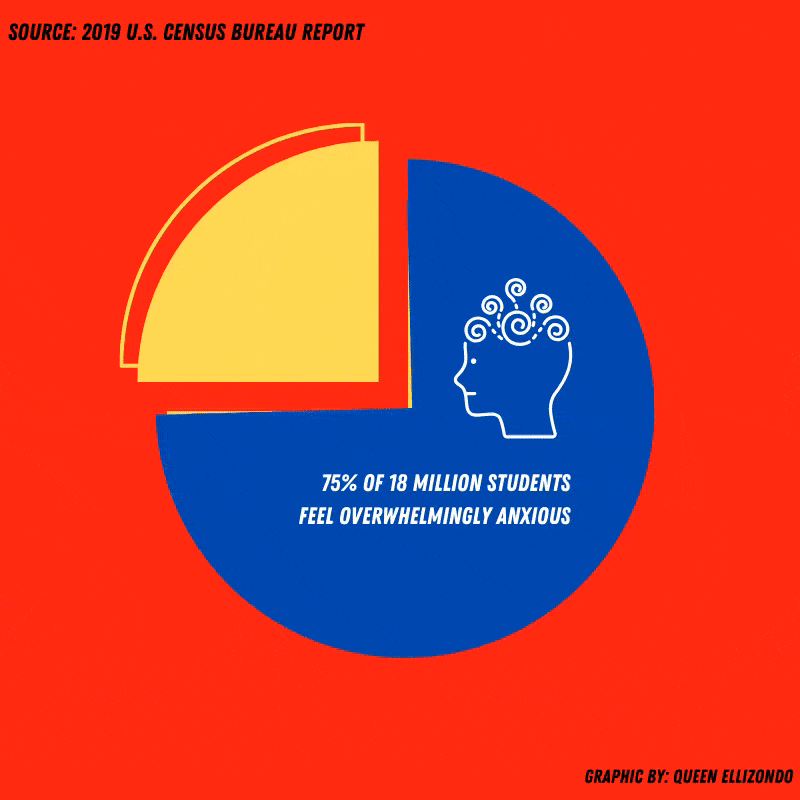
The number of people suffering from anxiety, specifically college students, is rising worldwide. One study conducted in Malaysia showed that 55% of the undergraduate students surveyed suffered from anxiety, according to Manap et al’s article.
Nicole LeBlanc and Luana Marques in their article published on the Harvard Health Publishing website, noted that some of the possible factors that contribute to anxiety are compromised sleep schedules, loneliness, and the demands of college courses.
Although Somodevilla struggles primarily with social and separation anxiety, other students may face primarily test-taking anxiety or general anxiety from the rigorous routine of being a college student.
According to Psychology Today, the possible recent causes for anxiety amongst college students include the rising expenses related to tuition and fees, more emphasis on consumerism and materialistic values, and students experiencing delayed adulthood.
The American Institute of Stress noted in an online article that universities might not know how to address the issue of anxiety and depression that thousands of college students face.
A 2016 study in The Atlantic, found that 58% of four-year universities offer psychiatric services like counseling.

Senior biology and psychology major Alyssa Hutchinson who has benefited from university counseling services, said her anxiety and depression has changed since COVID-19 broke out.

She says living with Berg helps curb her anxiety.
Photo courtesy of Alyssa Hutchinson.
“I’m very much an internal person, and this entire experience has been externally controlled,” she said. “There’s nothing we can do, so I can’t really find a way to blame myself for that.”
Hutchinson said COVID-19 resulted in the cancellation of many things she was looking forward to, such as EarthFest and cheer nationals the week of Easter at Daytona Beach, Fla.
“It’s too much for me to process and every time I talk about it, I cry,” she said. “I can see it’s really shaken a lot of (other) people. Whenever I do have normal spikes, those triggers become a lot more intense than they normally are, because I don’t have the same things I can fall back on and feel comfortable with. It has mostly impacted my self-soothing ability.”
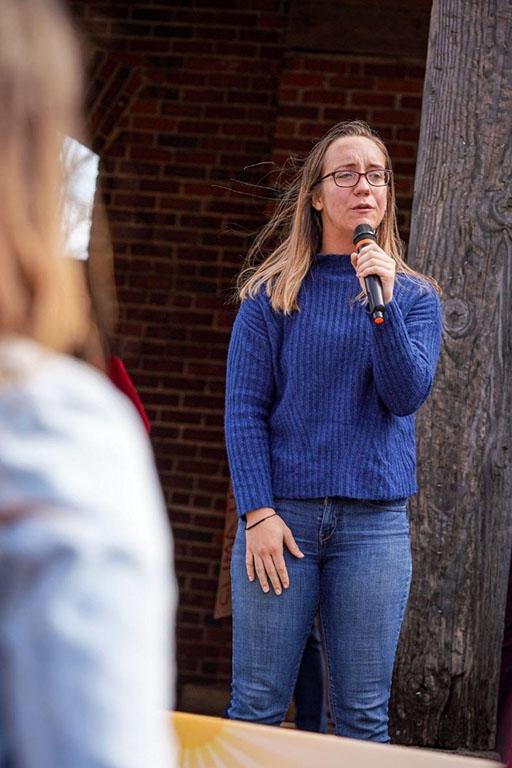
Hutchinson said the process of turning in assignments in her classes has become a repetitive, anxiety-ridden cycle.
Hutchinson said the process of turning in assignments in her classes has become a repetitive, anxiety-ridden cycle.

“I won’t turn in assignments because it makes me
anxious to think about the grade that I’m gonna get, but then it ends up with
not having an assignment turned in,” she said. “Then I get a zero in the
gradebook, so that makes me more anxious, and then it just adds to me not
wanting to turn stuff in.”
To cope with her anxiety, Hutchinson said she goes on daily nature walks on her family’s 65-acre property in Terrell, east of Dallas, and spends time with her best friend, Sam Berg, who is living with her.
“It’s good to have your support system right there with you, otherwise I pretty much just don’t think about my life situation,” she said. “Avoidance has been one of the biggest things I’m doing.”
Sophomore political science major Lukien Sheremeta said he notices that he deals with a lot of stress, but he doesn’t really understand where it comes from.
“I’ve lived with it for so long, I no longer know when I’m actually anxious,” he said.
Sheremeta said he can no longer physically or emotionally tell when he is stressed because he can’t determine what causes it, but he uses his behavior to determine if he is. An example of this is if the floor in his bedroom is messy, it tells him that he is likely stressed.
“I’m not able to tell that I’m struggling with something, it kind of just shows itself,” he said.
Sheremeta said that prior to COVID-19, he already struggled with bringing himself to attend his classes due to depression, but with online classes now going on, it isn’t as challenging to attend.
“It takes less effort to attend class,” he said.
Sheremeta said that he hasn’t changed, but now everyone else is working at the same threshold he is with attending classes.
“The only thing that’s the same about me and a bunch of other people is that we’re on the same technical level of like (how) we’re showing up to class,” he said.
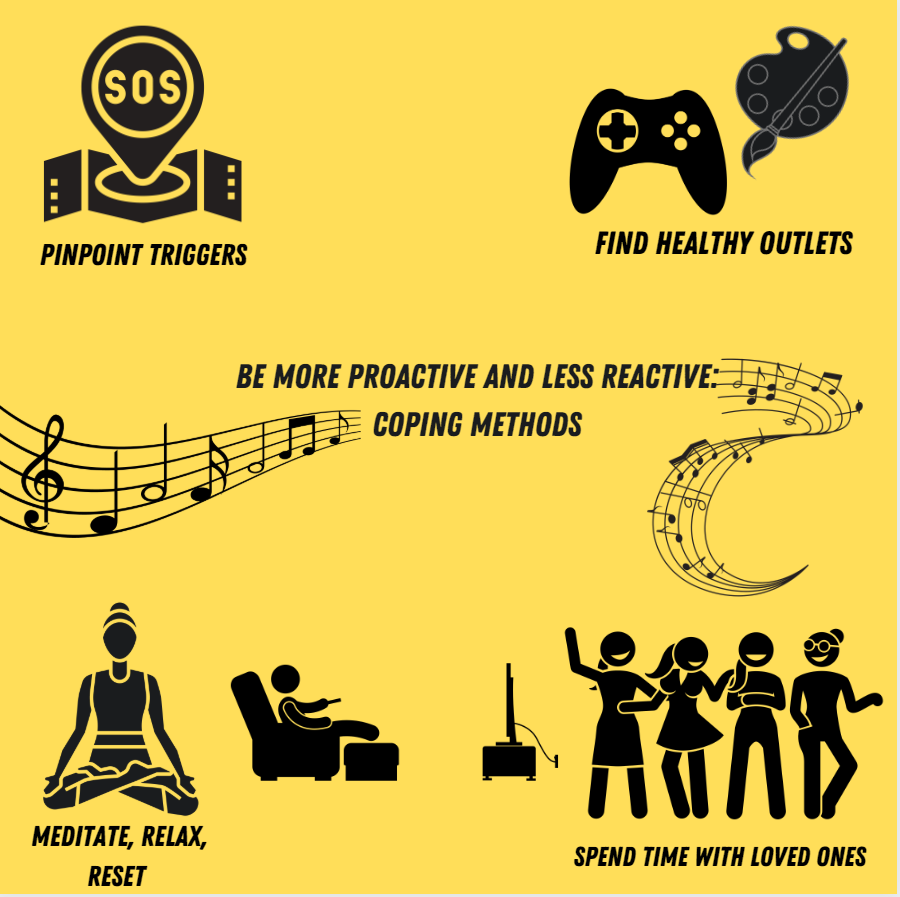
“The technical stuff has been brought down to a point where it fits my needs better, so it’s easier for me to match.”
Although he is more likely to attend class now, he said he is in no way suffering less from his anxiety and depression.
“I’ve done an okay job at managing it, but I need to do better when it comes to self-help stuff,” Sheremeta said.
https://youtu.be/GAbHtlLJh1Y
Although anxiety and depression remains a struggle, students have found ways to cope with it. Video by Lexi Barlow, Edited by LaTerra Wair.
If you’re struggling with anxiety or depression, please contact a local health professional for help. Here are some resources to help you.
The American Institute of Stress
Texas Wesleyan University Community Counseling Center
Anxiety and Depression Association of America
Multimedia Story Package by Lexi Barlow, LaTerra Wair and Queen Elizondo.


